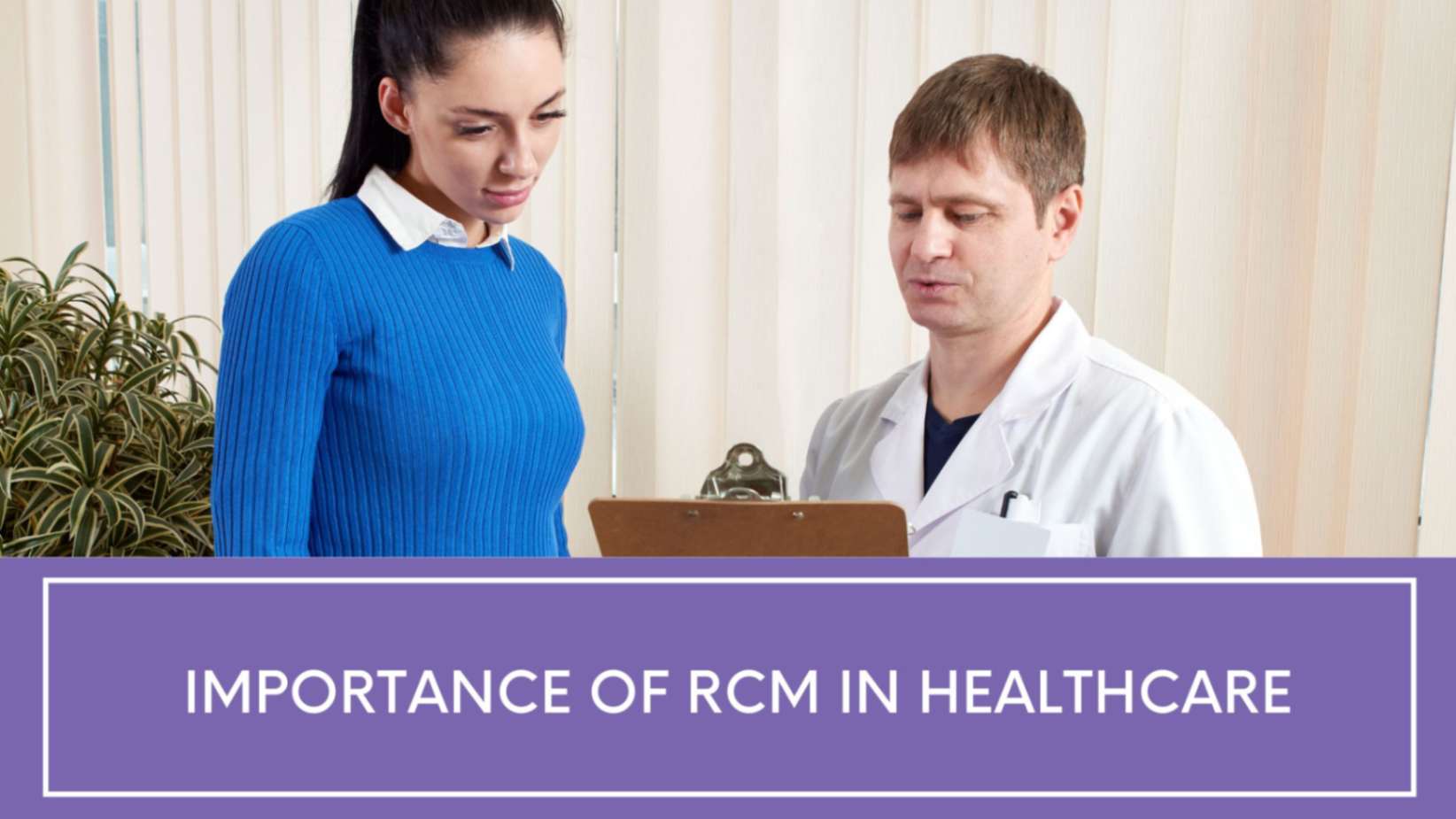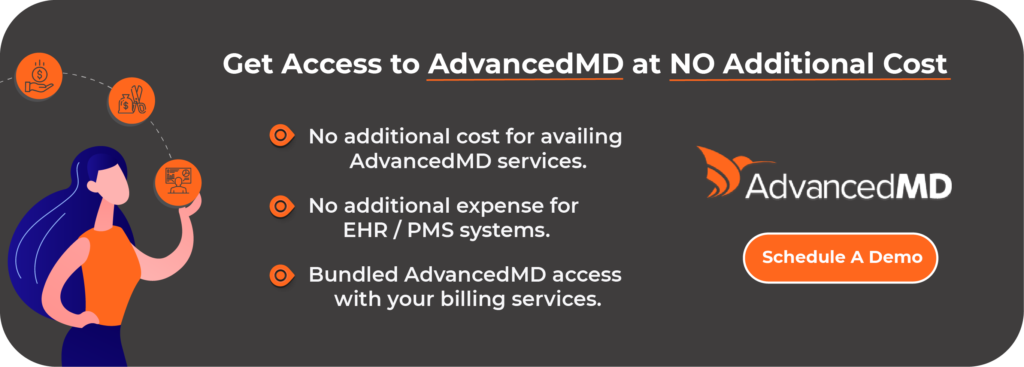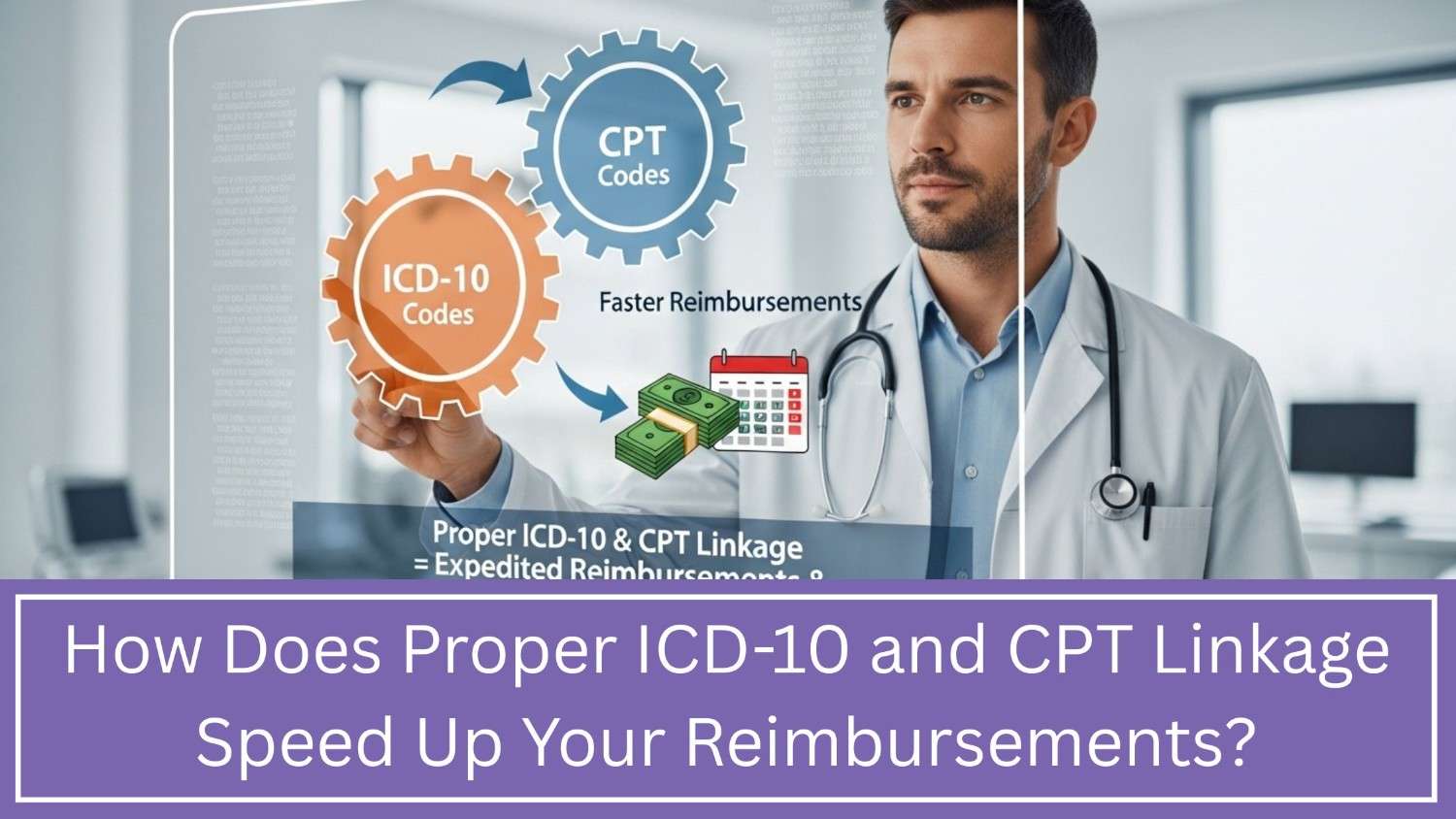Importance of RCM in Healthcare
An essential fundamental function of any medical practice is Revenue Cycle Management (RCM). It is a company’s brain and bloodstream. Without RCM, the revenue does not flow through the clinic and the practice is deprived of the much required cash flow for the clinic to thrive and grow. The RCM function is crucial to the survival of any healthcare organization. The importance of RCM in healthcare lies in its ability to help organizations deliver the best possible patient care while maintaining financial stability. With Practolytics, you get customized RCM services tailored to your unique clinical needs, making it easier to fulfill your commitment to quality care.
Table of Contents
Why is RCM in Healthcare So Important?
- A well-designed and implemented RCM system shortens the billing and collection cycles by accurately registering, appointing, scheduling, and processing payments.
- RCM integrates administrative data (such as a patient’s identity, insurance plan, or other pertinent patient demographics) to the care that a patient receives.
- It helps practices save time and money by lowering the number of denied claims and making it possible for patients to make payments online.
- It connects the commercial and clinical sectors of healthcare.
- RCM systems are used by healthcare organizations to store and manage patient billing information.
- By integrating EHR and billing systems, it shortens the time between providing a service and getting paid for it while also lowering administrative expenses.
- RCM facilitates communication and connection between accounting and EHR (Electronic Health Record) systems.
- All administrative responsibilities fall under RCM’s purview including notifying patients of forthcoming appointments, reminding patients and payers of outstanding balances, and contacting insurers when a claim is denied.
Why Should Your Organization Use RCM Services?
RCM has a wide range of applications that can assist healthcare organizations in enhancing their financial performance and patient care. A few instances are:
- Bridging gaps between service providers and insurance firms, which eventually lowers the possibility of missing information.
- Giving patients the chance to have better treatment experiences by modifying and improving processes thereby making the process more productive and proactive.
For healthcare providers, the effectiveness of the benefits of revenue cycle management in healthcare can make or break an organization. The potential for growth and prominence of a healthcare service provider can be stymied without leveraging these benefits effectively.
A strong RCM system that is responsive, dependable, and flexible to an organization’s existing infrastructure while being in compliance with the industry standards stands to benefit any type of medical practice be it a private practice, a group practice, or a hospital setting. The COVID-19 pandemic, which had significantly impacted inpatient volumes and revenues, is one uncertainty that these tools can help clinicians handle more effectively.
Flexible RCM systems can also assist in managing modern service needs such as telemedicine and other types of virtual interaction, which are necessary to survive and grow in the current times.
What Advantages Can an Effective RCM Program Offer?
- Enhancing Revenue Performance: This benefit – possibly the most important one of all – is provided by an efficient RCM program. As a result, payments will come in more quickly, steadily, and with lower out-of-pocket costs. To put it briefly, the main objective of revenue cycle management is to enhance your financial performance.
- Streamline Processes: You may enhance your revenue cycle by giving physicians, office workers, coding specialists, and anyone with revenue touchpoints access to a safe and simple solution. Excellent RCM reduces errors while also relieving your staff of confusion and frustration.
- Fewer Denials: Denials result from errors in filing multiple payment claims. Optimized revenue cycle management eliminates errors in your clinic’s system, leaving less room for error. By filing correctly the first time, you can reduce claim denials and speed up reimbursements.
- Improves the Patient Experience: A well-trained revenue cycle management team and the appropriate technology may aid in making the billing and coding process seamless and as efficient as feasible. This involves simplifying the operation and improving all patient interaction points. As a result, your patients will be less worried, which is a key in deciding the quality of care in a healthcare organization. As a result, patients receive better care since your staff has more time to devote to them.
Practolytics’ depth of knowledge in healthcare operations, compliance, data analysis, and revenue cycle management makes us particularly qualified to give valuable analysis and recommendations. Our Practolytics RCM business service may be exactly what your organization requires.
Final Thoughts
Practolytics has teamed up with AMD (AdvancedMD), the best PMS (Practice Management Software) which can help you adapt to new innovations in the Revenue Cycle Management process. It also enhances your revenue to ensure your healthcare facility runs smoothly. In addition, we ensure that your clinic receives best-in-class healthcare RCM Services with no overhead costs.
ALSO READ – How Does AdvancedMD Work and It’s Benefits?
Talk to Medical Billing Expert Today — Get a Free Demo Now!






